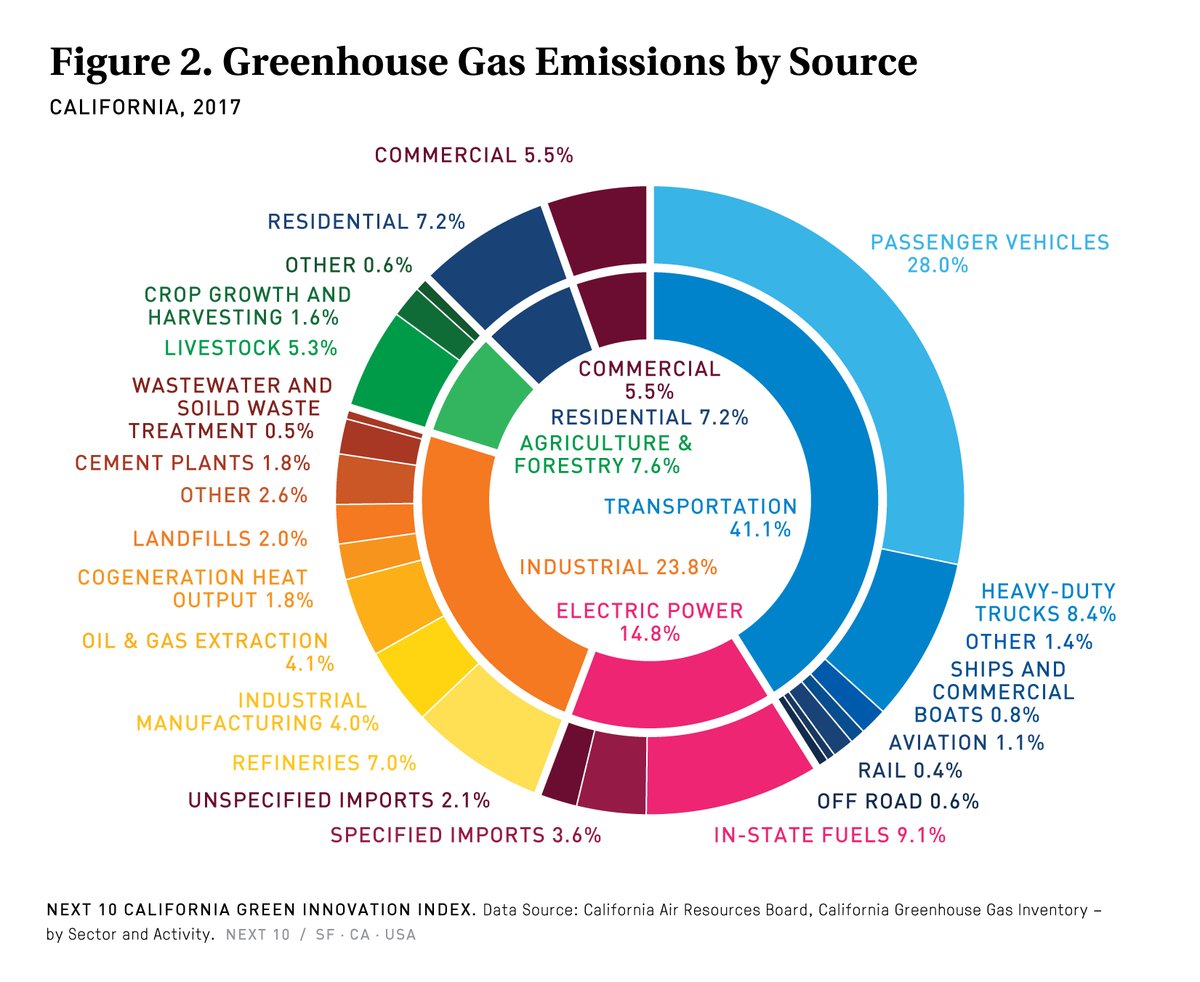
Pumping money into bubbles does not make them any less bubbles, even when it delays the moment of bursting for some period of time.
Predatory delay stabilizes nothing, enables no transition, and has no end game for abandoned assets / last stakeholders.
Predatory delay stabilizes nothing, enables no transition, and has no end game for abandoned assets / last stakeholders.
https://twitter.com/jeffgoodell/status/1494295809470390280
Those making money off predatory delay in less wealthy nations are no more wise or just or helpful than those doing it on Wall Street or in The City.
The temptation to believe that there must be a plan, a plan we just don't see yet, is understandable but unhelpful.
There is no plan for an orderly transition.
Run out the clock, pocket the billions, dump the wrecks, and jet off to luxury survival compounds: that's the plan.
There is no plan for an orderly transition.
Run out the clock, pocket the billions, dump the wrecks, and jet off to luxury survival compounds: that's the plan.
Believing that can't work because it's wrong and terrible and shouldn't be allowed to work is not the same thing as having evidence it won't work.
The evidence so far suggests it mostly does work.
The evidence so far suggests it mostly does work.
• • •
Missing some Tweet in this thread? You can try to
force a refresh





